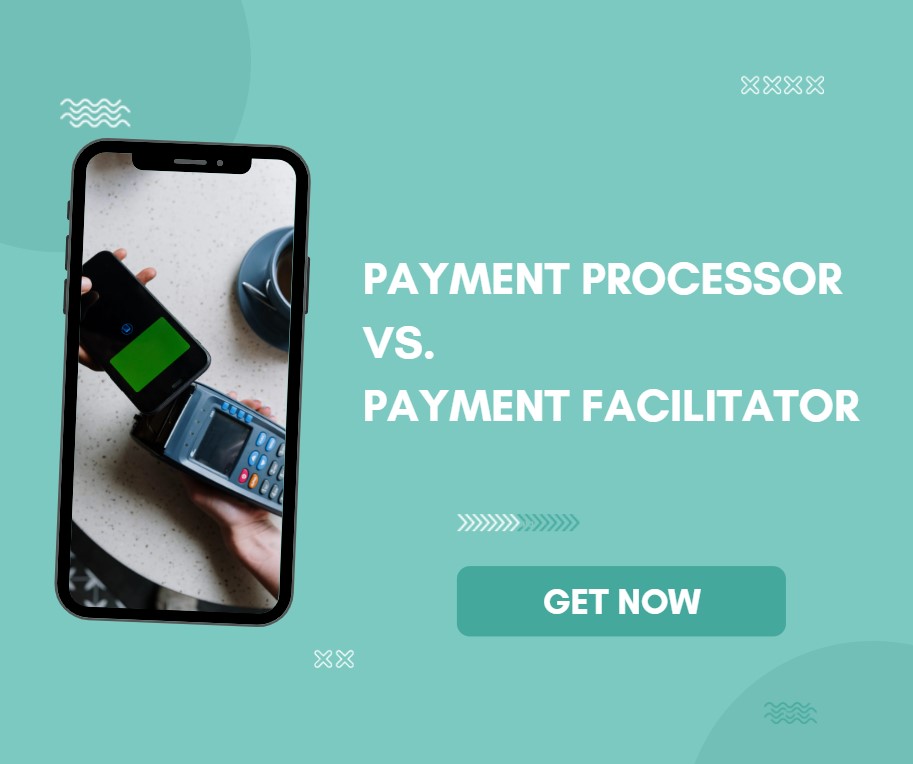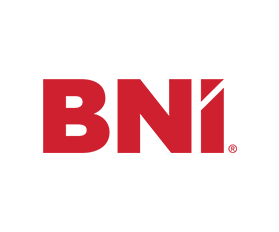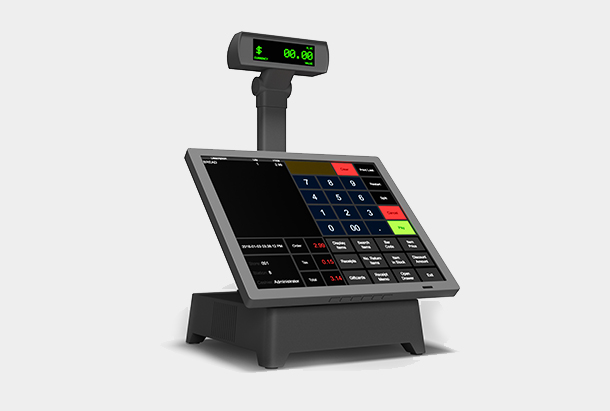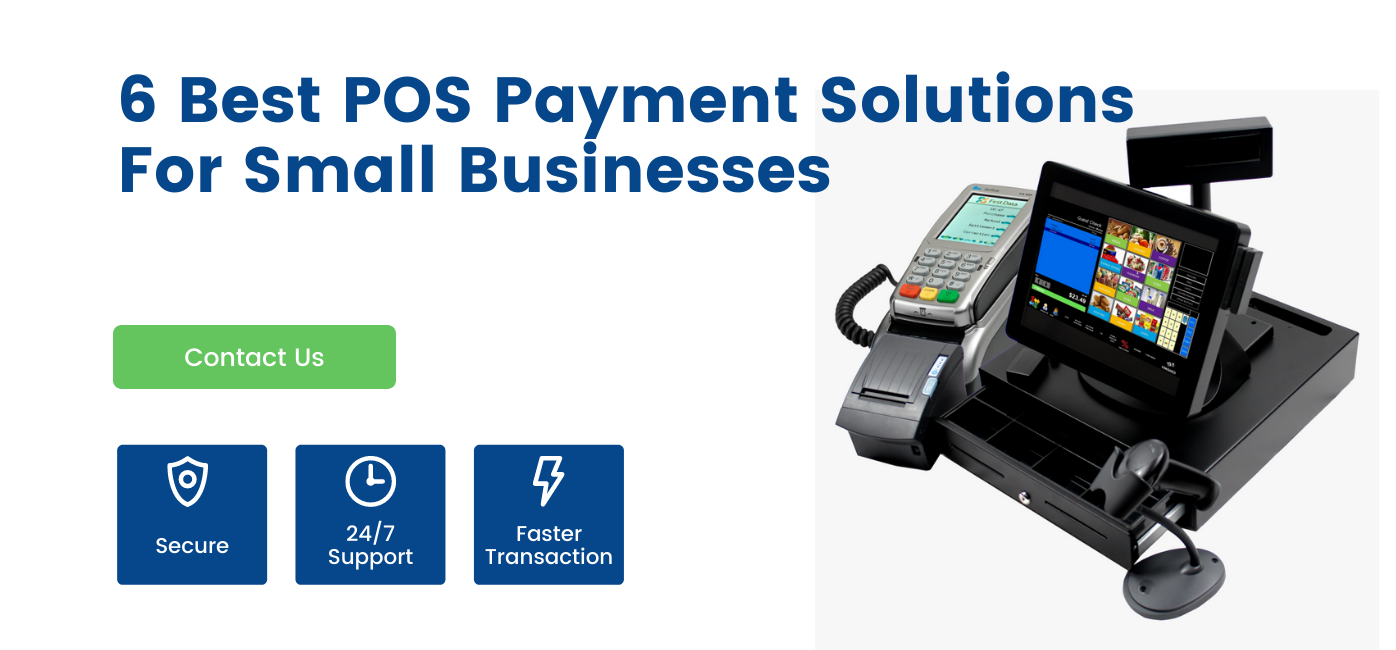Payment Processor and Payment Facilitator – Key Difference
Payment facilitator and processor work with different types of businesses. A payment facilitator offers certain payment processing services to businesses that need these services. A payment processor, on the other hand, works with different types of businesses and offers different payment processing services.
This article will highlight the key differences between a payment facilitator and a payment processor, and how each type of business can benefit from using the right one for their business.

What is a Payment Facilitator?
A payment facilitator is a company that provides various payment processing services to help businesses engage in financial transactions with customers. A payment facilitator will often have strong industry experience, as well as outstanding partnerships with banks and payment networks.
A payment facilitator is different from a payment processor in that it does not hold your merchant account or credit card processing. A payment facilitator will hold your merchant account but will partner with banks, payment networks, and other financial institutions to process payments digitally.
What is a Payment Processor?
A payment processor is a company that converts customer payment data into bank transaction information and then sends it to the bank. The bank then credits the customer’s account, and the payment processor receives payment processing fees from the credit card companies and banks.
Key differences between a payment facilitator and a payment processor
There are key differences between a payment facilitator and a payment processor. These can best be explained as follows:
a) Payment processor does not own your merchant account or credit card processing – a payment facilitator holds your merchant account, but partners with banks, payment networks, and other financial institutions to process payments.
b) A payment processor acts as an agent on behalf of the cardholder – a payment facilitator acts as an agent on behalf of the customer.
c) A payment processor is a third-party contractor – a payment facilitator is owned and operated by the same company that offers the service.
Who Uses Payment Facilitators?
A payment facilitator is a great choice for businesses that need basic payment processing services, such as reading and approving payments, generating virtual cards, and batching payments. A payment facilitator is also a good choice for companies with low transaction volumes, as they often provide a lower-cost payment processing option.
Who Uses Payment Processors?
A payment processor is the most common type of payment processing company. A payment processor works with a wide range of businesses, including small and large scale of businesses, to help them integrate payment processing into their businesses for accepting online payments.
Which Type of Business Should I Use?
When deciding which type of payment gateway to choose, it’s important to consider your customer base, your customer acquisition costs (CAC), and your expected transaction volume.
If you have a limited customer base, are acquiring new customers at a high price, or expect high transaction volumes, a payment facilitator may be a better fit for your business.
If you have a large customer base or expect low transaction volumes, a payment processor may be a better choice.
Final Words
Payment providers can be a confusing and sometimes complicated topic. This article should have helped provide some clarity around the many different types of payment providers, their differences, and the types of businesses they’re best suited for.
As you consider which payment provider to use for your business, don’t forget to also consider the many different ways you can accept payments with DSSR Payment Solutions. From how you want to be paid, to which payment methods you’re comfortable using, we’ve got you covered. For more details and other services kindly contact our customer service.
 US:
US: 










